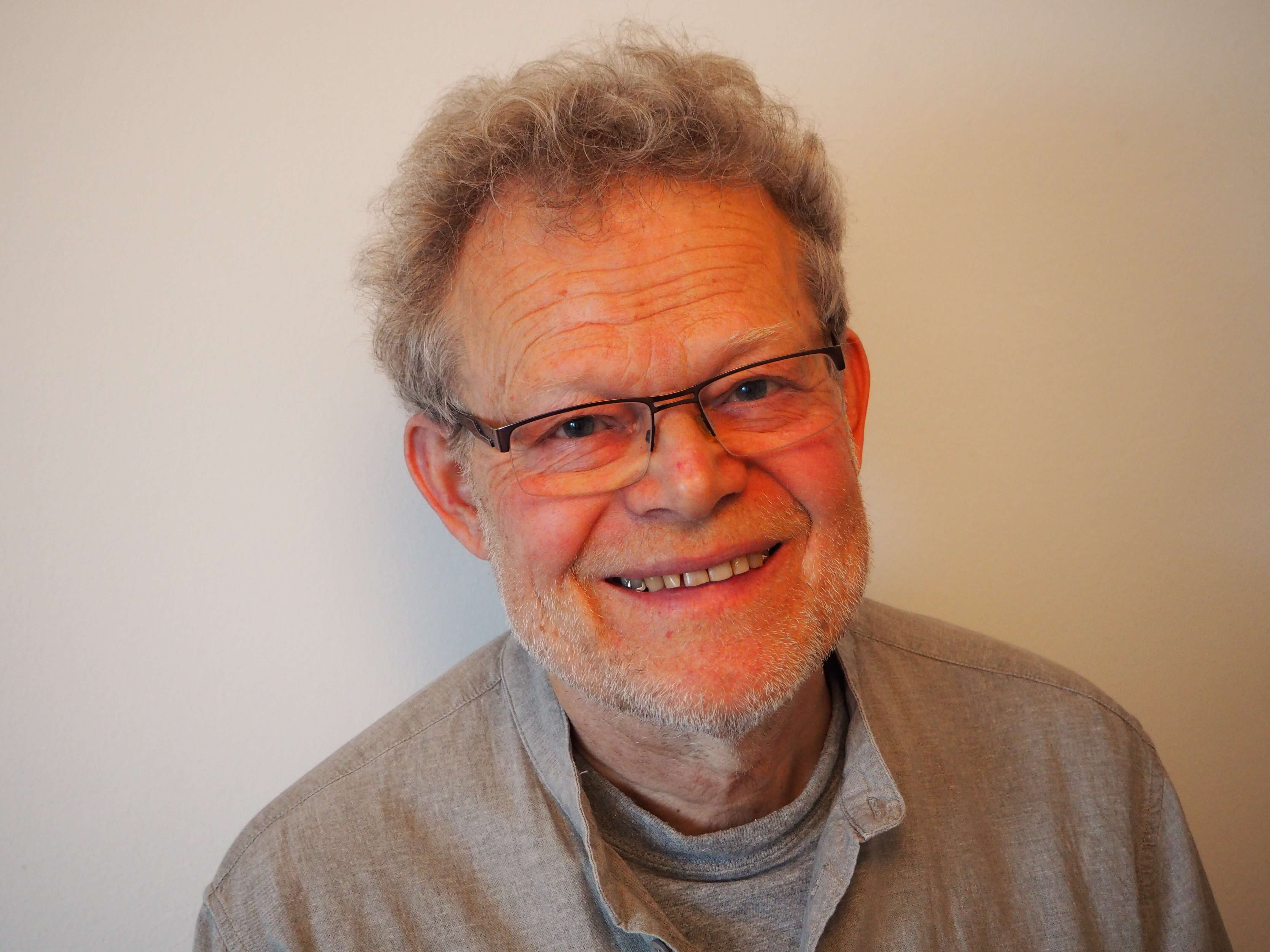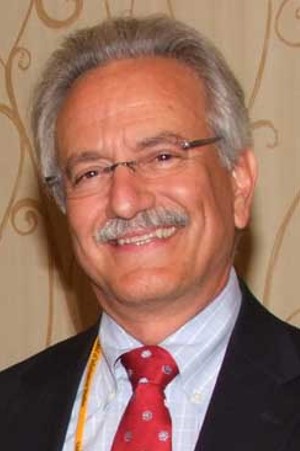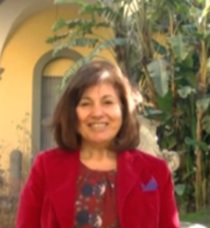Leif Kajberg
Leif Kajberg was for many years (until 1 September 2008), affiliated with the Royal School of Library and Information Science, Denmark. He has taught courses on information policy and lectured on international librarianship. He has served as the Royal School's research officer and international coordinator and built up an experience in managing and coordinating international student and staff mobility and in organizing intensive international programs. In January 2007, Leif Kajberg was awarded EUCLID's BOBCAT of the Year prize for outstanding contributions in promoting European library and information science (shared with Leif Lørring). He has published widely in Danish and international LIS journals. Furthermore, Leif Kajberg served as regional co-editor for the European part of the IFLA collective volume entitled Global Library and Information Science: A Textbook for Students and Educators (2009) and as co-author of that book's sub-chapter on European LIS education. He co-authored the LIS education chapter of the 2nd edition of this IFLA publication that appeared in 2017. In progress is a paper on the profiled American library educator and administrator Paul Wasserman’s seminal work The New Librarianship: A Challenge for Change (1972). For some years, Leif Kajberg acted as a referee for the journal TK Turkish Librarianship. He has served as an Academic Expert to the European Union's Lifelong Learning Program (LLP). He also served as an academic expert (within the ERASMUS program) to the Danish Agency for International Education, which supports the internationalization of education and training in Denmark. 2008-2010 he reviewed professional literature on Library & Information Science (LIS) topics for the magazine Bibliotekspressen (The Library Press) published by the Librarians' Union in Denmark. In September 2008, Leif Kajberg stepped down from his position at the Royal School to dedicate some time to work as an independent researcher and reviewer. His current research interests include the future role of public libraries in a critical perspective, theory building in public librarianship and the development of library and information science theoretical frameworks in Germany in the years after 1970. For the being, he is Deputy Chairman of the Council for Sustainable Transportation in Denmark (as NGO).
Has-been Reflections from Backstage: a Still Keen LIS Observer’s Look at LIS Education and Europe
Diversity prevails in European LIS education and a range of thematic profiles of courses and LIS programmes can be identified. Ángel Borrego’s mainly web-based analysis of European LIS schools (2015) and Jeannie Borup Larsen’s mapping study of the providers of LIS education throughout Europe (2005) provide ample evidence on the variety of programme structures, levels, course titles and lengths, subject emphases of curricula, resources (number of educators), host institutions and other features. So, on the whole, as shown by the chapter on European LIS education in the collective work Global Library and Information Science (2017), LIS education in Europe presents a mixed bag with its miscellany of language contexts, historical distinctiveness, academic cultures, epistemological traditions and structural intricacies.
At the same time, there is a long and well-developed tradition of cooperation, meeting and networking activities in LIS educational contexts in Europe. The Bologna Process, which had as its aim to establish a European Area of Higher Education (EHEA), has received considerable attention as well and left its stamp on LIS educational structures in Europe. An important milestone in this context was the conduction of the EU-SOCRATES-funded European curriculum development project initiated and administered by the Royal School of Library and Information Science (RSLIS) in Denmark. A major objective was to bring European LIS educators together in an effort to invite them to actively contribute to explorative discussions centring on twelve pre-identified themes of LIS curricular relevance. Based on the major visible output of the project, the e-book European Curriculum Reflections on Library and Information Science Education (2005), some retrospective observations and ideas are presented on the effects and impact of this far-sighted joint project. In addition to reminiscing and touching upon project mechanics, outcomes, problems and obstacles – would a replication be feasible? – some comments are briefly made on issues and developments of a more recent nature including iSchools, new curricular elements and themes and the increasing concern with “imported” theoreticians (philosophy, sociology, etc.). Two examples (Finland and the USA) are supplied of LIS educators and scholars standing up for libraries and librarianship as opposed to information science and information business. Add to this the turbulence and disruptive influences of the outer world (the information society, the EU and Europe, reviving nationalism, etc.).









